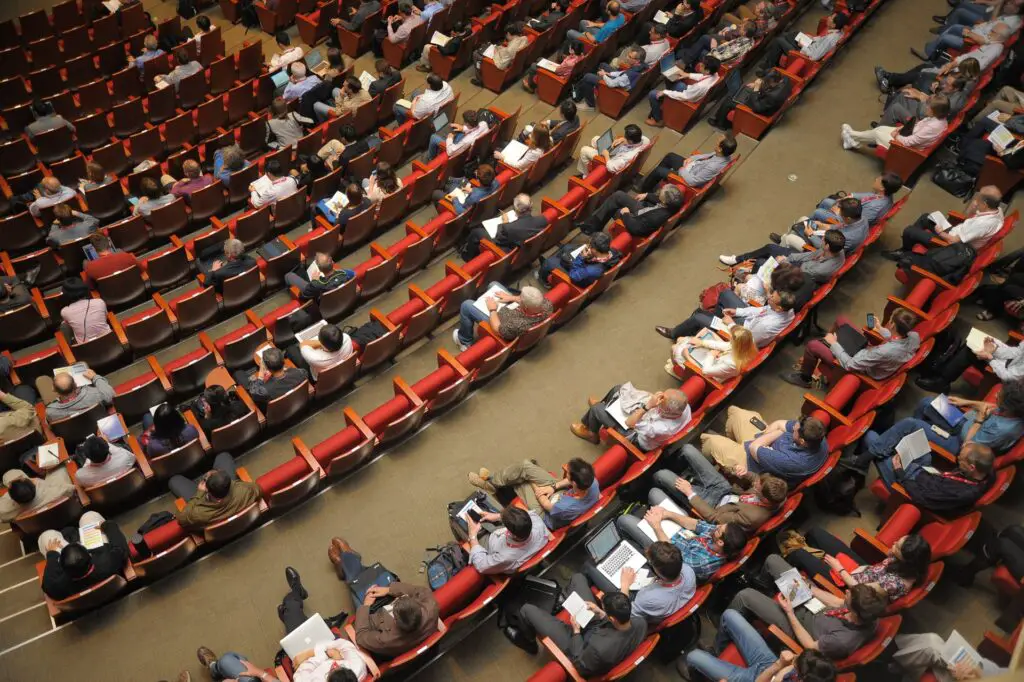
Describe a meeting in which you were a speaker IELTS Cue Card
IELTS CUE CARD TOPIC
Describe a meeting in which you were a speaker
You should say:
When it was?
What type of meeting it was?
Sample Answer 1
Introduction
Although I have attended numerous meetings in my life, one of them is exceptional because I was the keynote speaker, hence worth mentioning.
When was it?
Two years back, a charitable organisation arranged a meeting, inviting me as a speaker to provide valuable weight loss input.
What type of meeting was it?
In 2020, there was a lockdown in my nation due to the corona pandemic, and most people remained indoors. When the unlocking process started, many individuals gained weight because of doing fewer physical workouts during the lockdown.
As obesity is a pressing problem, a local charitable organisation organised a meeting on reducing weight. , it invited many people to speak on the topic “How to lose excessive weight”.
As I lost weight during lockdown during corona pandemic, changing my lifestyle, the organisers invited me to provide valuable inputs on losing weight.
There were more than one thousand individuals in that meeting. While delivering the speech, I laid excessive focus on a diet instead of exercise for losing weight. I vividly told the audience that the contribution of physical work in weight loss is just twenty per cent, and we need to focus on our diet for effective weight management.
I further told the audience to follow “intermittent fasting” by eating all meals between 9 am and 6 pm. This technique gives 15 hours of rest to our stomach and improves our digestion.
The audience liked my speech, and I added more than 500 subscribers to my Instagram account that day.
Follow up Questions
Here are some examples of follow-up questions that the examiner might ask during your speaking part 3 related to the cue card “Describe a meeting in which you were a speaker”.
1. What is the purpose of a meeting?
The purpose of a meeting is to gather people to debate a specific subject or problem, exchange knowledge, draw a roadmap, or plan and coordinate pursuits. Due to the influx of technology, online and offline meetings occur in the modern era. A gathering for official purposes is usually formal, and the rest are generally informal.
2. What is the best way to prepare for a meeting?
For adequate preparation for a meeting, it’s vital to properly understand the motive behind the arrangement and what you wish to attain. A specific aim can support you in assembling your thoughts and coming to the meeting with a blueprint. Moreover, it is pivotal to review any pertinent statistics or papers in advance, draw a list of questions or points you wish to debate, and ponder over any logistical arrangements, like arranging a conference call or finalising a room for a video conference.
3. How can you make meetings more productive?
To enhance the productivity of meetings following points need to be pondered over.
- Properly mention the motive of the meeting and formulate specific targets.
- Inviting the necessary members is a prudent approach as it reduces distractions and secures that all participants are there for a reason.
- The moderator for the meeting must ensure that the participants stay within the agenda and pay sufficient attention to all discussions.
- The meeting must be enticing to foster motivating participation and interaction between the attendees.
- Make proper use of technology to present facts and figures with appropriate explanations.
- Merely conducting the meeting is optional; it is advisable to do the proper follow-up of the actions prescribed in the minutes of the meeting.
4. How can you handle conflicts or disagreements during a meeting?
The gospel truth is that alteration and conflicts are part and parcel of every meeting. However, to handle the problems adroitly, the organisers need to
- Admit and approve of the other person’s viewpoint or issues
- Remain admiring and professional, even if there are not expressing solidarity with your concerns
- Strive to look for solutions rather than playing the blame game
- Think about taking the advice of a neutral third party, like a mediator, if it is a challenging task to take an informed decision to resolve the conflict.
